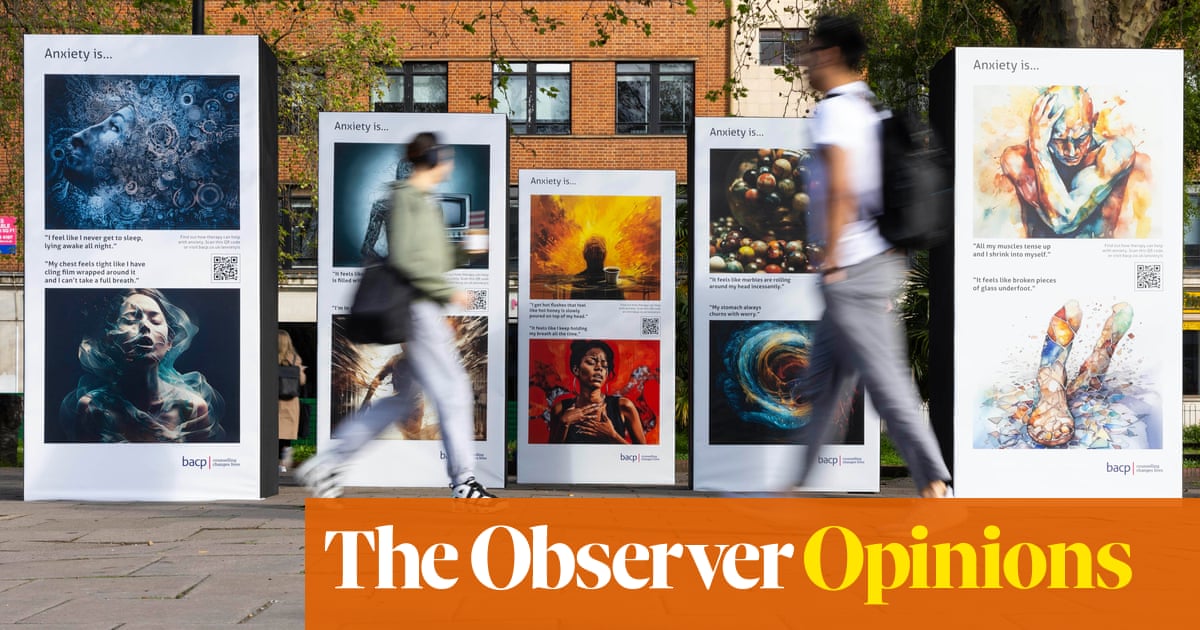
The insurgency in Mozambique’s Cabo Delgado province is causing a mental health crisis, with a quarter of the region’s population now displaced.
People are struggling with untreated trauma after witnessing extreme violence, including mass beheadings, said humanitarian groups concerned about the strain on those who have sheltered dozens of displaced people in their homes.
“There is so much trauma. There is an atmosphere of fear; people are afraid to speak. This is a public psychological condition that is affecting Cabo Delgado,” said David Matsinhe, an Amnesty International researcher.
“You can only imagine that a woman who sees her son, her husband, chopped up like an animal is affected by it; who gives birth in a crowded boat in the sea, everybody watching. There’s no privacy, all dignity and humanity stripped.”
He said mental health support was urgently needed because of the scale of the conflict.
Patricia Postigo, a medical coordinator for Médecins Sans Frontières, said the psychological distress of people when they emerged from hiding in the bush was generally worse than their physical condition.
“You see the people are very sad, depressed. You can see they are lost when they are talking with you, totally lost. They cannot sleep at night,” she said. “All of these displaced people, they all need support, and also the local community. They are the ones giving support and they are caring, but they need help themselves.”
Postigo said the health system in the historically neglected province had collapsed, and was not equipped to support the mental health needs of the displaced people.
An Amnesty report released on Tuesday said hundreds of civilians had been killed by the Islamic State-linked armed group Ahlu Sunnah Wa-Jamaa, and by government forces including the South African mercenary group Dyck Advisory Group (DAG). Ahlu Sunnah Wa-Jamaa launched an insurgency in the region in 2017, which escalated last year.
A group monitoring the conflict, Armed Conflict Location and Event Data Project, put the total fatalities at 2,614, with 1,312 of them civilians.
The Amnesty report quoted a lorry driver who said he regularly saw corpses on the roadside and received photos of decapitated people, sent by the militants to scare local people.
Witnesses told Amnesty that government forces tortured and killed civilians it suspected of supporting the militants. DAG announced it would investigate allegations of grenades being thrown from its helicopters during the fighting.
Postigo said she was concerned about reports from witnesses that many people were still living in the bush, waiting to return to their homes but without access to food or healthcare.
The UN population fund, UNFPA, called on Thursday for $12m (£8.7m) to support displaced women and girls with sexual and reproductive health services. It is estimated at least 3,000 women have suffered sexual violence.
“There are women who have managed to escape the bases of insurgents who have experienced the deepest forms of human cruelty,” said Matsinhe. “They’ve been raped, been forced into marriages, been violated, physically and emotionally, made to work like slaves.”
Cabo Delgado received little attention or development from the government until the discovery of gemstones and gas reserves in 2009. In January, the French energy company Total suspended operations at the Afungi gas project in Cabo Delgado over security issues.












